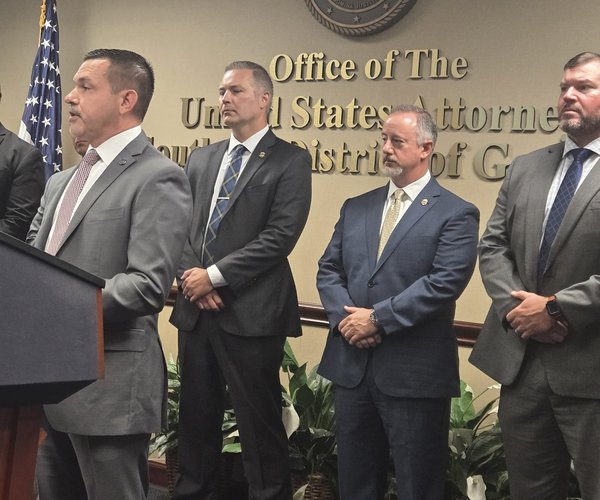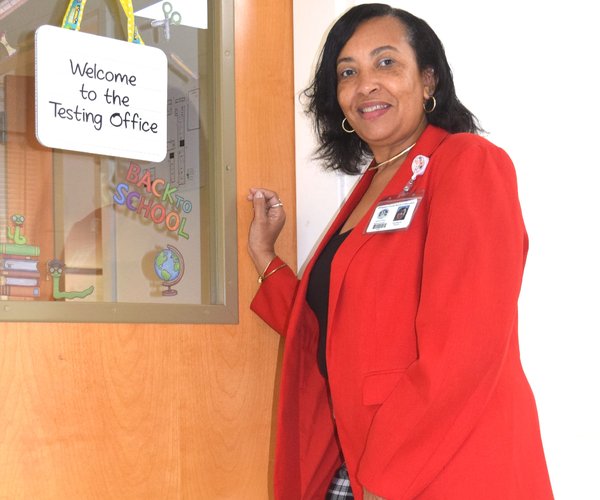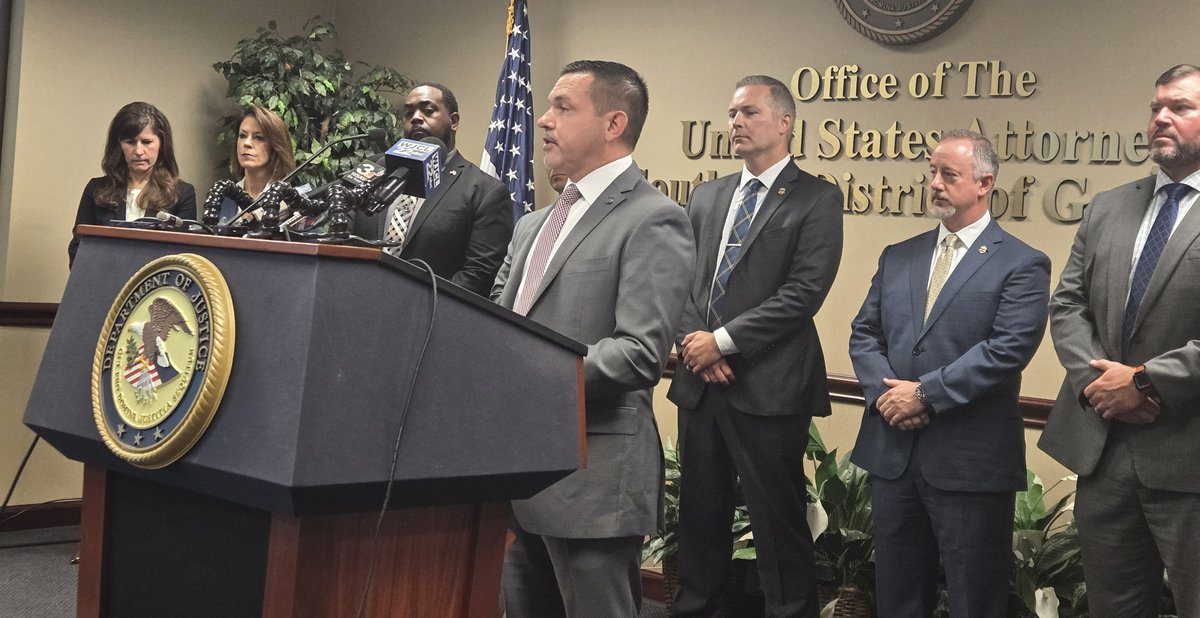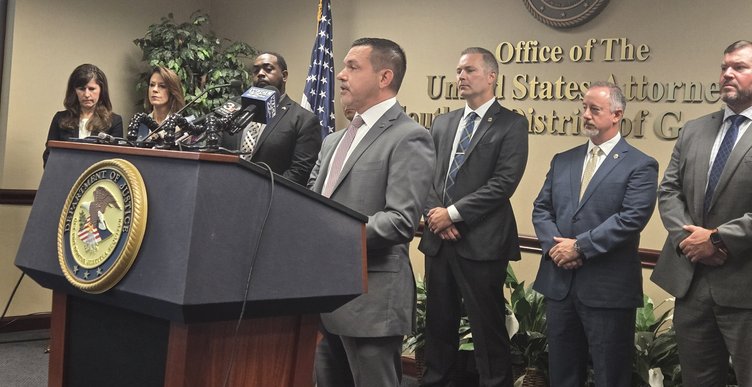The proposed state budget cuts leave Marsha Cornell, Effingham County school nursing coordinator, concerned about the health and safety of students if there is not a health care professional on campus.
“Yes, we haven’t always had nurses, and they did it without us before,” she said.
Cornell said in the 10 years that Effingham schools have had nurses there has been a significant growth of students with special medical needs.
“It’s the future of the kids, and what’s going to happen to them when there’s not a health care professional there,” Cornell said.
Melissa Harper, a parent with three children, said knowing a nurse is at school gives her “peace of mind.”
“I have a special needs child,” she said. “I also have two healthy children, but you never know what the day’s going to present. You could have a child fall and bust their head open on the playground. You could have a child choke in the school cafeteria.”
She said the school needs someone who is medically trained to deal with any situation that arises.
“Whether it’s a broken arm, a bloody nose, a child having a seizure that stops breathing,” Harper said. “My child does that. When he has a seizure, he stops breathing sometimes, and not anybody can handle that. You’re talking a matter of life or death. The school nurse gives out medication. Do you want just anybody giving medication to your children? We’re all only human; we make mistakes, but at least someone that’s medically trained has an eye for these things.”
Harper said if her son has a seizure at school, the nurse may need to give him medication and would have to know how much to give him.
“There’s always a chance if the seizure doesn’t stop him from breathing, then the medicine could,” she said. “You need someone there who’s going to be able to take his oxygen saturation and watch for his respiration, his pulse, his heart rate.”
She said she’s not a medical professional, but has learned what she needs to know to care for her child.
“I would not have the peace of mind to send him to school everyday if I didn’t know that there was a nurse that was there who has the confidence to be able to handle this situation,” Harper said, “and she does. She knows what she’s doing — she’s an RN.”
“(The school nurse is) like a teacher herself because she teaches them about washing there hands, and preventing the spread of germs,” Harper said. “She teaches about lice, and anytime one of the kids has a medical question, she is always available to be a teacher for them. I know kids that have diabetes who go to her. She’s there to teach them how to deal with their blood sugar. She’s invaluable, I think.”
Cornell said anyone can put on a band-aid or give a Tylenol, but there is much more to do. School nurses dispense medications for conditions, such as insulin for diabetes, anti-convulsive drugs for seizures and medications for those with ADHD. Those medicines require evaluation and monitoring.
She also wondered what would happen to the wellness programs at schools that keep children and teachers healthy.
“What’s going to happen to these programs and what’s going to happen to the health of our kids and our staff?” Cornell asked.
Cornell said there are some students whose only health care provider is the school nurse.
“Many, I couldn’t even tell you how many times we’ll have kids come into the clinic on a daily basis telling us, ‘Momma said to come see you and see what you think about…’ whatever it is,” she said.
She said parents will send students to the school nurse first to find out if something should be followed up on, and tell them they can’t afford to go to the doctor or they don’t have a doctor.
“We try to find them some resources,” she said. “Many times we have that with children who have asthma, whose parents are smoking, and wondering why the child is having bad asthma attacks. It’s a matter of education, teaching them how to use the medications properly.”
Cornell said school nurses have the education and medical background to work with parents and children about health related issues, and can be a consistent person to do that.
“The teachers don’t have time for that,” she said. “They try, and they do what they can, and they’ll send notes to the parent, or they’ll talk to the parent initially, but they don’t have the time to continually follow up on that. Their plate is full to overflowing with all the curriculum components that must be met in order to achieve those testing results.
“They notice the stuff, and they bring it to our attention, but to be able to do it, or follow up they can’t they don’t have the time even if they’re willing to. Some are very hesitant to do that because they realize they don’t have the background to do it, and they legally don’t want to be put in that position to evaluate does this child need to go home or not.”
She said it’s not fair or timely to ask a teacher to take on that type of responsibility. There is the need to balance if a child is well enough to stay at school while considering if the student has a communicable illness that could make other students ill.
“Many times I’ve called and said, ‘I think he’s OK to stay,’” Cornell said. “This is what’s going on, what do you think? I want you to know so you can follow up when he gets home this afternoon. We can make it through the day if it’s safe for him, and then follow up, and all of us do that.”
She said nurses try to keep students at school whenever possible because they know parents need to work.
“A lot of times, unless it’s something really severe, we’ll try some other measures,” Cornell said. “‘How about you lie down and rest we’ll turn the lights down, let you rest for a little bit,’ and we’ll put a cool compress on or a warm cloth if it’s sinusy kind of stuff. ‘Well, what are you doing, are you in front of the computer screen without your glasses? Or is it maybe just a test we don’t want to take.’
“We try not to just say we’ll call mom and have her bring you some Tylenol. Well, mom’s at work or dad’s at work in South Carolina. It’s not easy to bring Tylenol for a headache, (so) let’s look into what it is.
“But without a nurse to make some of those judgments, the only recourse is let the child call the parent and say, ‘you’ve got to bring me some Tylenol, or you have to come get me to come home. I can’t stay at school.’”
Cornell said there are times nurses do have to call parents to pick up children, but they try all other things first.
“I think that says to the parent we tried to keep you at work,” she said. “We try to let them know if we call you, we’re not going to call you for little things.”








